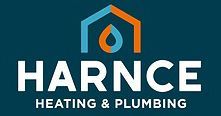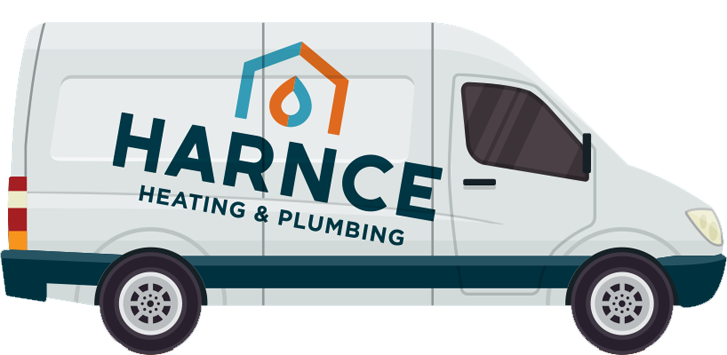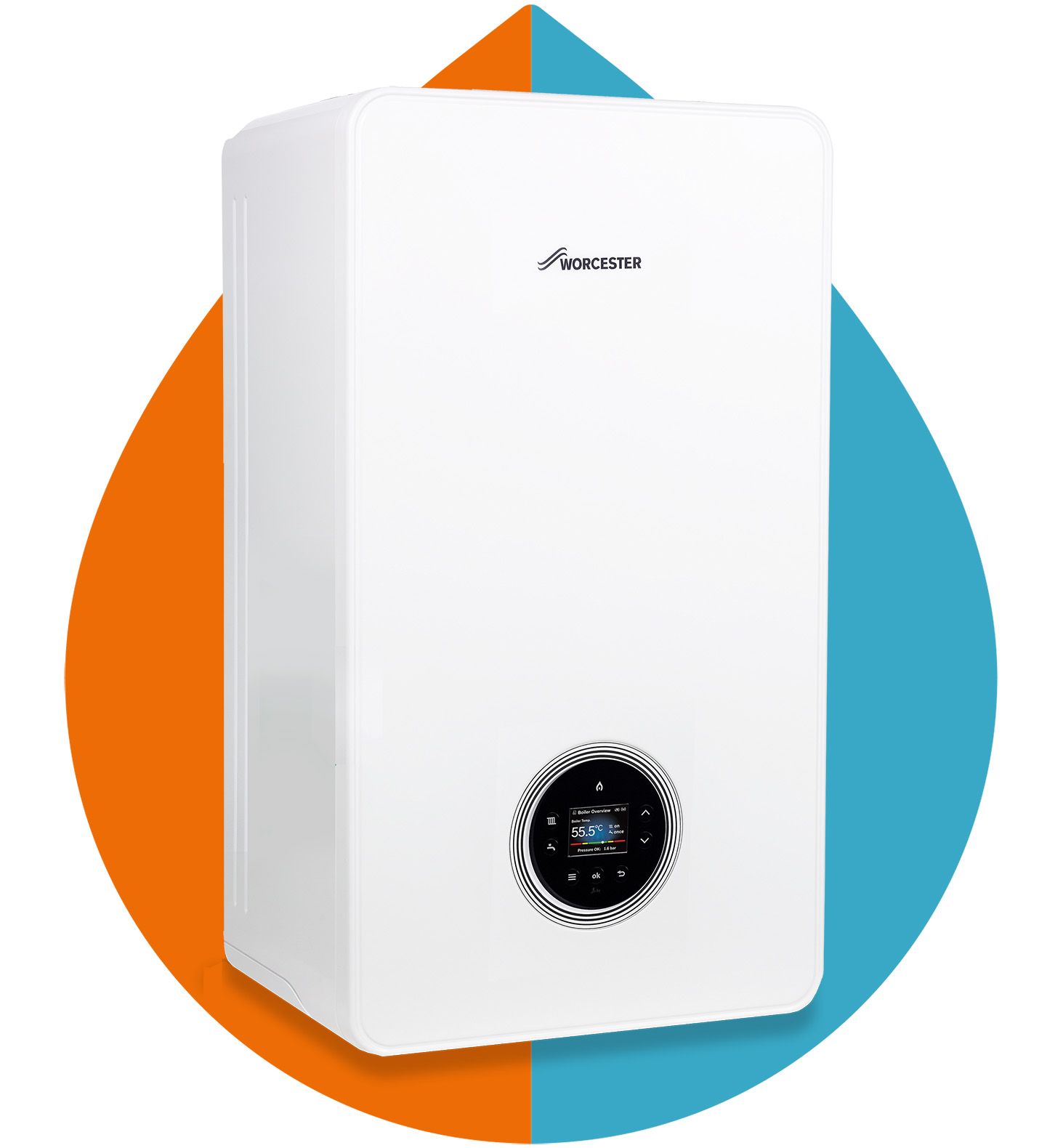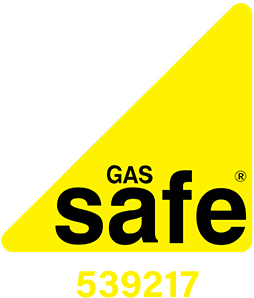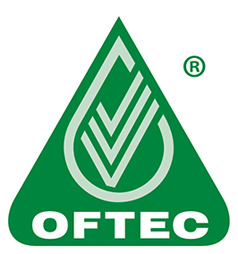Disadvantages to Combination Combi Boilers
- Limited Hot Water Supply: Combi boilers heat water on demand and do not store it, so the flow rate can be limited. If multiple hot water taps or showers are in use simultaneously, the boiler may struggle to supply sufficient hot water to all outlets.
- Water Pressure Dependent: The performance of a combi boiler is directly tied to the mains water pressure. If the mains pressure is low, the boiler may not provide a strong hot water flow, affecting shower and tap performance.
- No Immersion Heater Backup: Traditional systems often have an immersion heater in the hot water cylinder as a backup in case the boiler fails. With a combi boiler, there is no such backup, so if the boiler breaks down, there is no immediate alternative for hot water.
- Installation Challenges: Installing a combi boiler can be complicated in older properties that have a traditional system with tanks and cylinders, requiring significant changes to the plumbing.
- Not Suitable for Large Homes: In large homes with high hot water demand or multiple bathrooms, a combi boiler might not be able to meet the demand effectively. Traditional systems with storage tanks are often better suited for these situations.
- Initial Cost:
While running costs are usually lower, the initial installation cost can be high, especially if extensive modifications to the existing heating system are needed.
- Maintenance and Repair: Combi boilers are complex systems with many components integrated into a single unit, which can make maintenance and repairs more complicated and potentially more expensive.
- Dependence on Gas Supply: Most combi boilers run on gas, so homes without a gas supply would need to explore alternative heating solutions or use an electric combi boiler, which can be more expensive to run.
Considering these disadvantages, it's important to assess your household's specific needs and circumstances before deciding if a combi boiler is the right choice.
